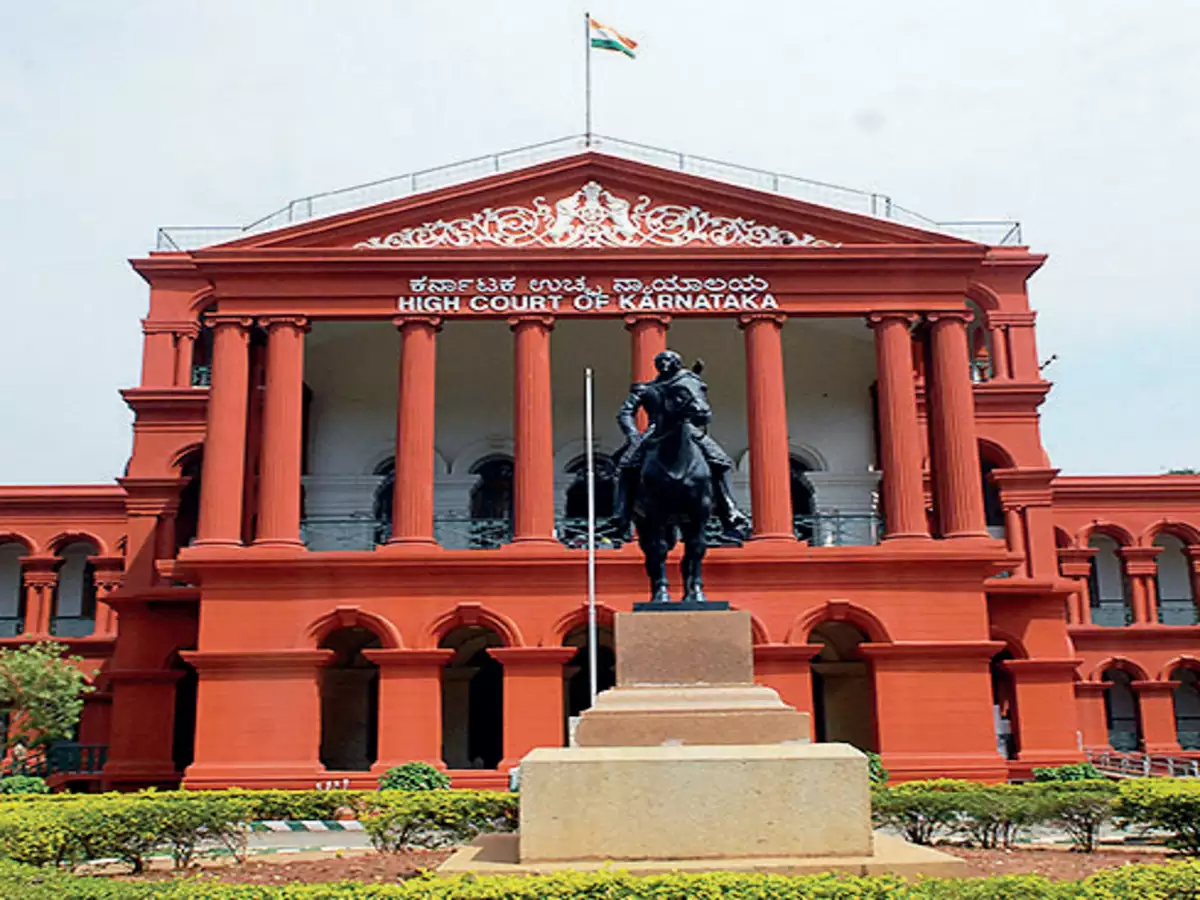The Delhi High Court has ruled that the online payment platform PayPal falls under the category of ‘payment system operator’ as defined by the Prevention of Money Laundering Act (PMLA).
Therefore, PayPal is obligated to adhere to the reporting entity obligations specified in the PMLA, including maintaining transaction records, verifying customer identities, and fulfilling other responsibilities.
Justice Yashwant Varma clarified that the definition of “payment system” under the PMLA encompasses all elements related to transactions involving payments between parties, not solely limited to the handling or transfer of funds. The court emphasized that this interpretation is essential for effective implementation and data analysis in Anti-Money Laundering (AML) measures.
PayPal had challenged a fine of 96 lakh imposed by the Financial Intelligence Unit (FIU) for its failure to register as a reporting entity under the PMLA. PayPal contended that it acts as a payment intermediary and online payment gateway service provider for clients but does not engage in clearance, money transfer, or settlement services. Hence, it argued that it does not qualify as a “financial institution” and should not be required to register as a reporting entity under the PMLA.
The court upheld that PayPal is indeed a “payment system operator” under the PMLA. However, it ruled that the FIU’s penalty order was unjustified since PayPal had cooperated with the FIU and acted in good faith, believing its operations did not fall under the purview of the PMLA.
As a result, the court ruled in favor of PayPal, stating that it is considered a payment system operator and must comply with reporting entity obligations under the PMLA. Nevertheless, the penalty imposed by the FIU was vacated based on the court’s findings.


